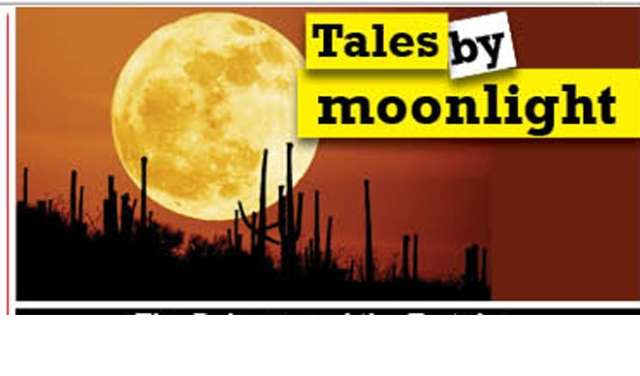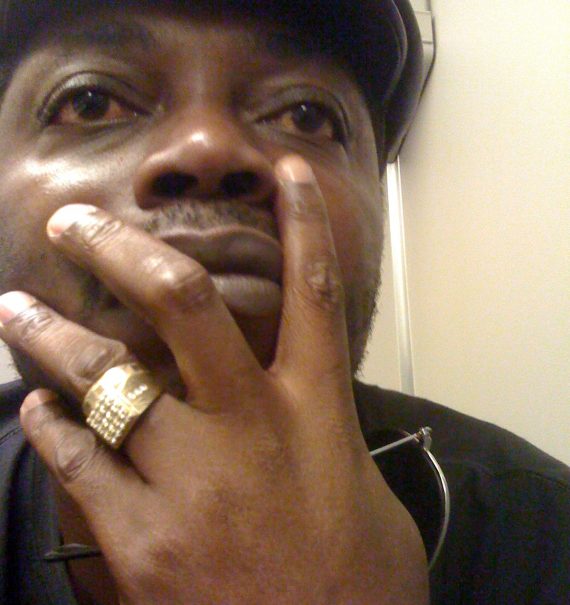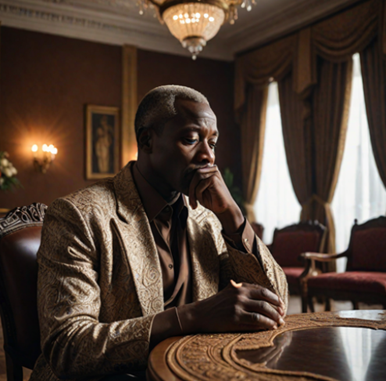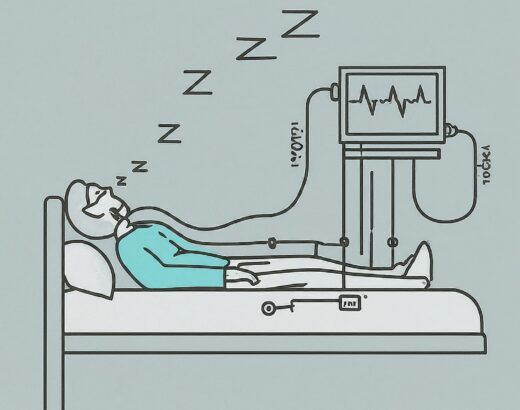Moses’ Dilemma
Three Short Stories – Story 1

Leadership is difficult. It is made more difficult in a society if success is measured by riches and not many are concerned as to how such riches are acquired
Some moons ago, a gap-toothed man seized power in Arokostan, crowning himself king.
The people, of course, cried out against his tyranny. Among them, the voice of the khaki-clad school headmaster boomed the loudest. A fearless man, he led protests and lectured on what Arokostan should be, could be, but was not – unfazed by the king’s gun-wielding minions.
The headmaster was highly respected. After all, he had established a top-notch school, proving what good leadership could achieve in their community.
Despite being touted as the happiest nation; daily survival was a struggle for Arokostanians. Life was not a walk in the park. The gap-toothed king, a cunning leader, navigated Arokostan through economic, social, and political turmoil. He earned various nicknames. Some called him Arokostan’s Maradona, his political astuteness likened to the Argentine footballer’s dribbling skills, albeit with a touch of the “Hand of God.” While nobody saw him as a saviour, his undeniable intelligence earned him the moniker “evil genius” from some.
Maradona, tired of the headmaster’s constant wailing, spent sleepless nights plotting how to silence his nemesis while simultaneously winning over the people. The idea struck him like a sudden burst of light – a brilliant one. At dawn, he summoned his chiefs to a council meeting, sharing his plan. Of course, they were not as gifted as him in such matters so all they could say was that it would not end in praise. He was baffled – couldn’t they see his genius?
Maradona then sent out the town crier to announce the establishment of a “People’s Bank” offering soft loans to pursue various endeavours, with the esteemed village headmaster as chairman to ensure responsible management. The people rejoiced, expecting a new dawn. The headmaster, convinced it was a good thing for Arokostan, diligently took charge, determined to enact positive change.
Everyone seemed happy – Maradona with his gap-toothed grin, the headmaster and his ilk, and the people themselves. According to surrounding villages, Arokostanians were brash, self-centred, lawless, corrupt, and immoral. The king was not nicknamed Maradona for nothing; he was aware of this, something hidden from the headmaster who was consumed by his nationalistic fervour to improve Arokostan at all costs. Maradona anticipated the inevitable collapse and bided his time.
Arokostan had everything to be great – wonderful people and abundant natural resources, the envy of other villages. Despite this, Arokostanians were treated with disdain. Surrounding villages stopped trading with them and imposed excruciating permit processes for any visiting Arokostanian.
Well, a few moons later, the headmaster learned the harsh truth Maradona had known all along: Arokostanians were not ready for good leaders, perhaps didn’t even want them. Their actions spoke volumes different from their words. They only complained when things were not in their favour.
So, what happened? While the headmaster tirelessly strived to ensure a “better life” for the people, granting loans for what he saw as worthwhile opportunities, corruption festered under his leadership. When the scandal broke, he was in disbelief. How could this have happened? The very people he made policy decisions with were presenting fictitious projects to secure loan funding. Dejected, he approached Maradona, requesting prosecution for those involved.
Maradona, with a satisfied grin, placed a hand on the headmaster’s shoulder. “Sir, you’ve got the Moses problem. Remember him? While he was busy on Mount Sinai working with God, his people were busy making idols! While you focused on the bank’s vision, your people siphoned off the money.”
“So, sir,” the evil genius continued, “if you can’t manage a small thing like the People’s Bank, how can you handle Arokostan?” And uncle, he added, hammering home his point, “you’ve smeared my name because of my team’s corruption. It would only be fair if I blamed you too. But I will not, because I know who Arokostanians are. Why don’t you just go home and let me clean up this mess?”
Feeling humiliated, the headmaster went home, a broken man. How could this have happened to him? He was an honourable man and saw no justification to take part in any other protest against Maradona. The weight of it all likely contributed to his death a few years later.
His epitaph, self-written, reads: “Here lies Tai Solarin, who lived and died for humanity.”
by ‘Bimbo Bakare, the storyteller.









